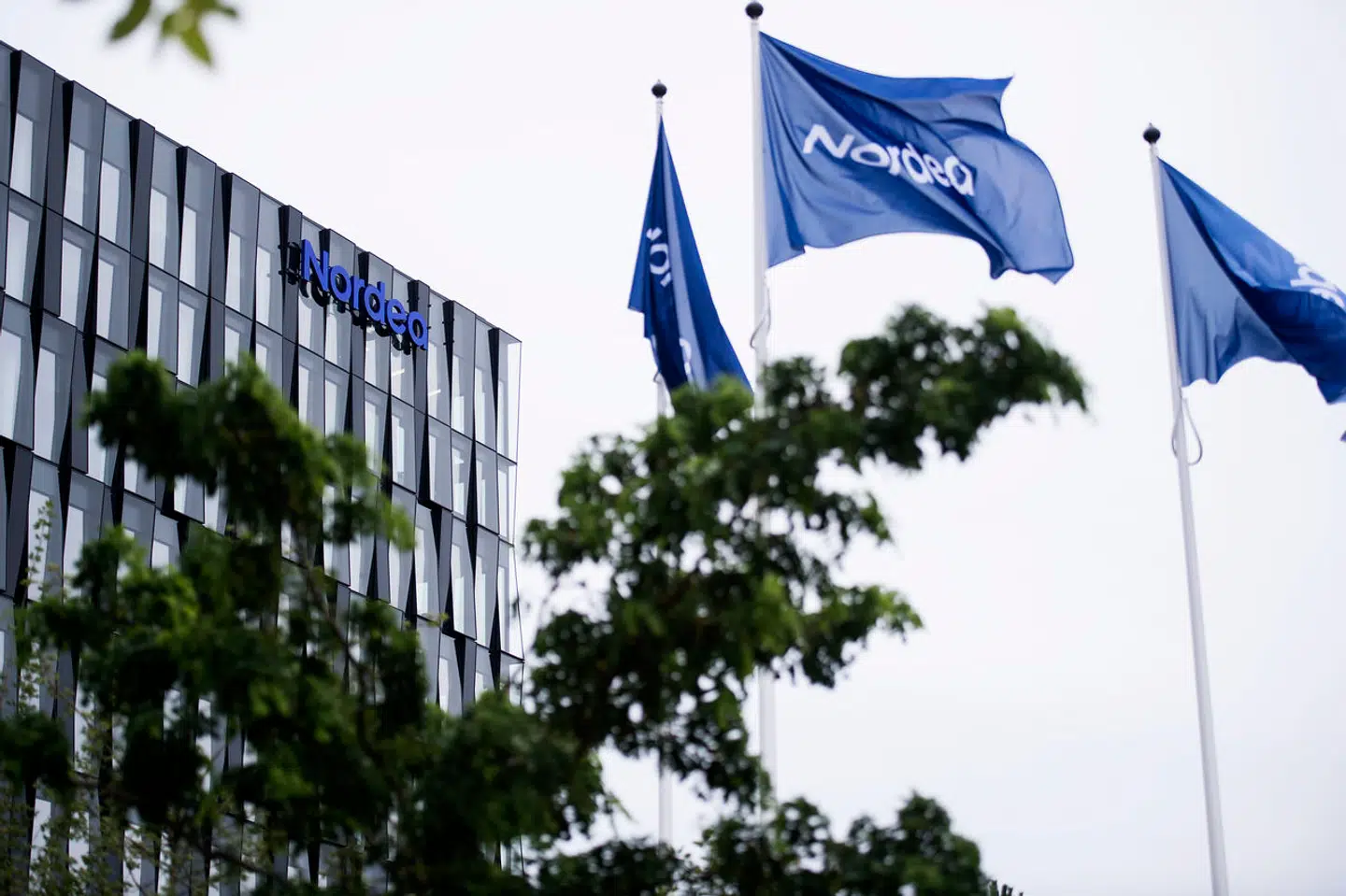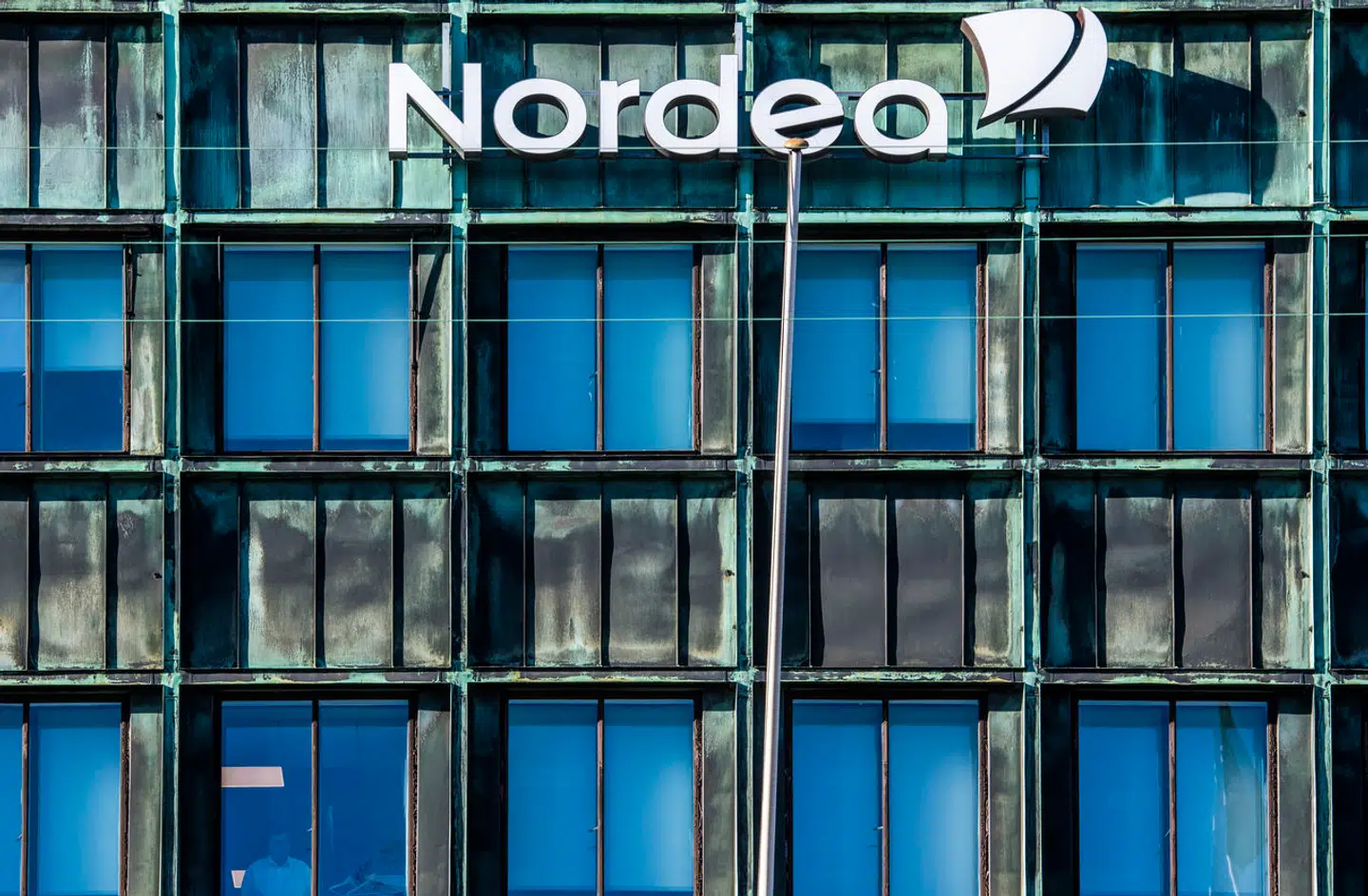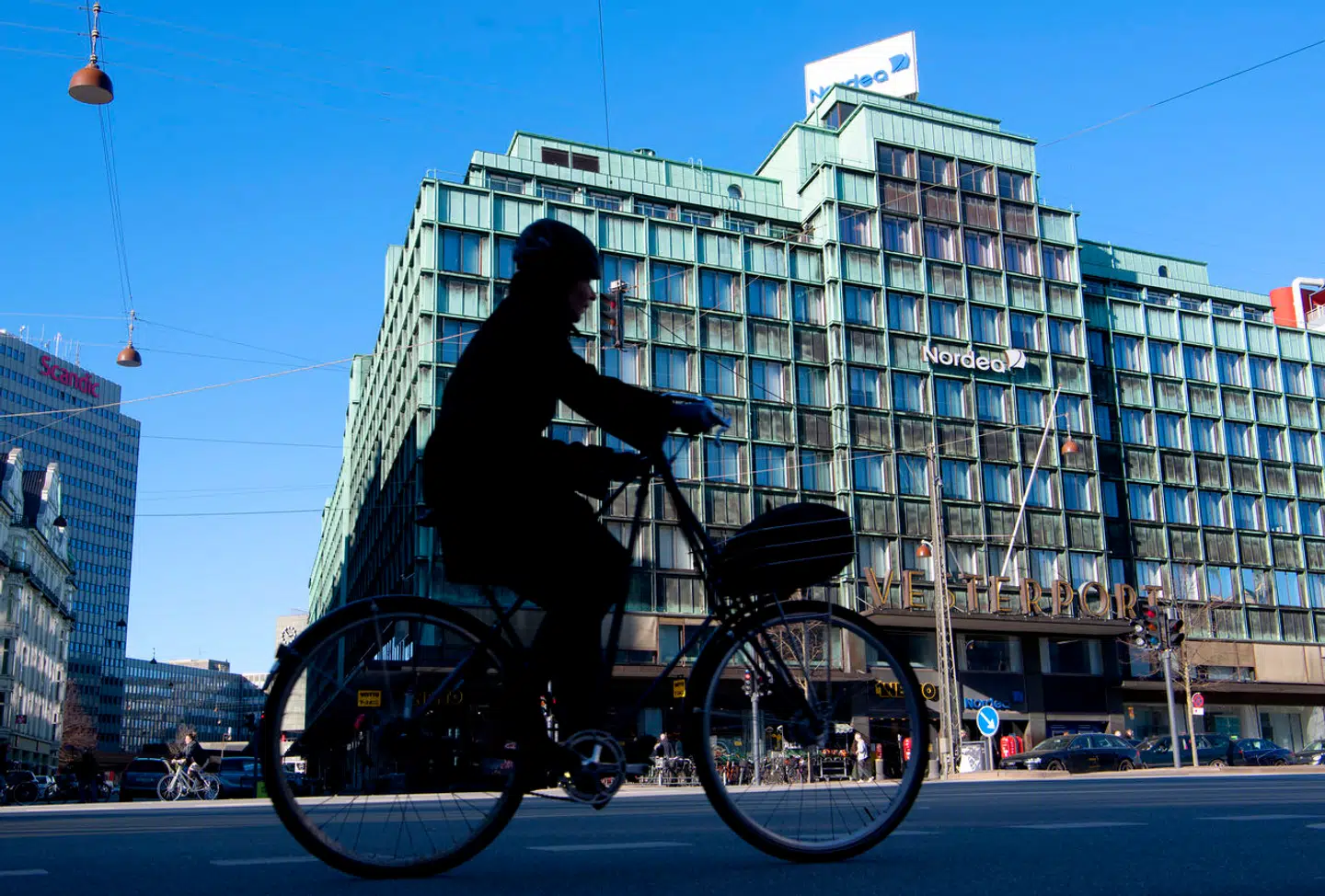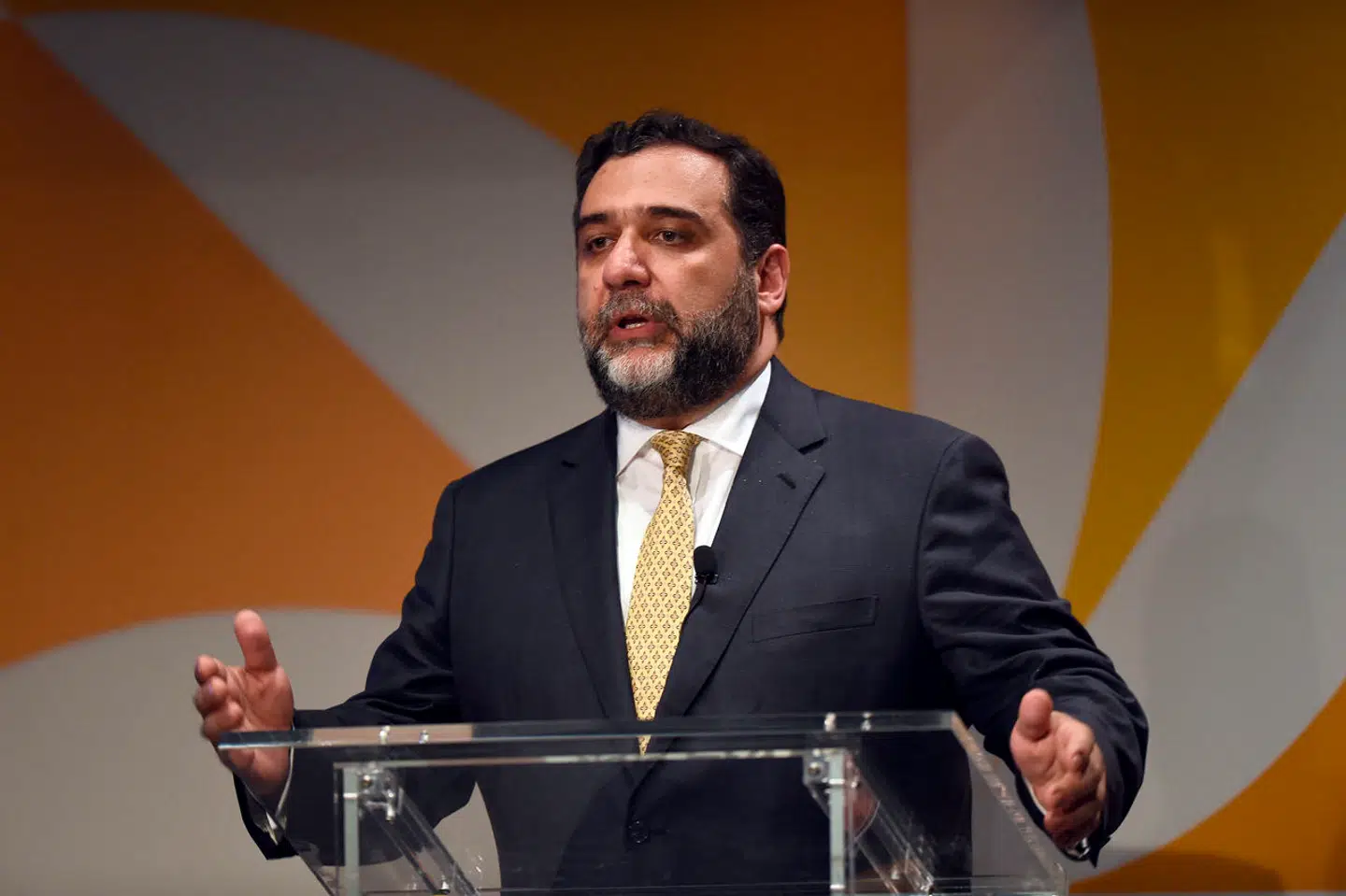The largest bank in the Nordic region, Nordea, has for years been preliminarily charged with breaching the Money Laundering Act in Denmark, according to information given by Danish police to Danish newspaper Berlingske.
The bank was reported to the police by the Danish Financial Supervisory Authority back in 2016, after the supervisory authority had found several serious breaches of anti money laundering rules during inspections in Nordea's Danish branch.
The bank was preliminarily charged when Danish police raided the bank’s Danish headquarter in Copenhagen in 2017 and 2019, according to a written statement by the National Special Crime Unit of Danish police (NSK).
»Nordea was searched in the summer of 2017 and again in the summer of 2019, in connection with that Nordea was preliminarily charged with violating the Money Laundering Act,« NSK states in a brief email to Berlingske.
NSK also states that at this point no individuals are preliminary charged in connection with the case.
Complicated case
The preliminary charge has never been made public by either the police or Nordea.
Nordea has no further comments beyond what the bank has already informed Berlingske, the bank states in an email.
»In the interim report for the first quarter of 2019, we have made a provision of 95 million euros for AML-related matters. As stated in note 15 in the latest interim report for the third quarter of 2023, Nordea will maintain a sufficient level of provision for ongoing AML-related matters,« Nordea states.
The bank has previously emphasized that since the police report in 2016 Nordea has made significant investments to address its weak AML processes.
»We have stated several times that we underestimated the complexity of preventing financial crime and the resources needed for this,« Nordea has previously acknowledged.
The case is still being investigated by the police, now in its eighth year. NSK has previously told Berlingske that the reason for the long investigation is that »it is a complicated case that requires extensive investigation« and that »significant new information« appeared during the investigation.
In recent weeks, Berlingske has described the background to the Danish Financial Supervisory Authority's police report on the bank: The supervisory authority found in 2015 and 2016, among other things, that the bank did not carry out sufficient controls of Russian customers, foreign correspondent banks and currency exchange agencies.
In addition, the inspection found that in hundreds of thousands of cases the bank did not investigate alerts about possible money laundering due to "lack of resources".
According to the authority, this was a case of »long-term and deliberate violation of the Money Laundering Act, which has been known to the bank's top management, including the bank's CEO«, material from the authority's inspections in 2015 and 2016, to which Berlingske has been given access, shows.
Over the years, Nordea Danmark has been mentioned in connection with several sensational cases about suspicious customers, often including a special portfolio of primarily Russian customers in the bank's branch in the middle of Copenhagen.
Among other things, the bank was exposed in the case of the Panama Papers, which revealed the attempts of the wealthy to hide assets away in tax havens, as well as in the leak called Troika Laundromat, which traced suspicious money flows out of Russia. In addition, money connected to the so-called Magnitsky case, which concerns a large-scale theft of tax payments in Russia, allegedly went through the bank.
The case once again highlights the shortcomings of the Danish banking sector with regards to anti money laundering in the past. In 2022 Nordea’s main competitor in Denmark, Danske Bank, was fined in Denmark and USA due to failure to control clients and transactions in the bank’s Estonian branch.





